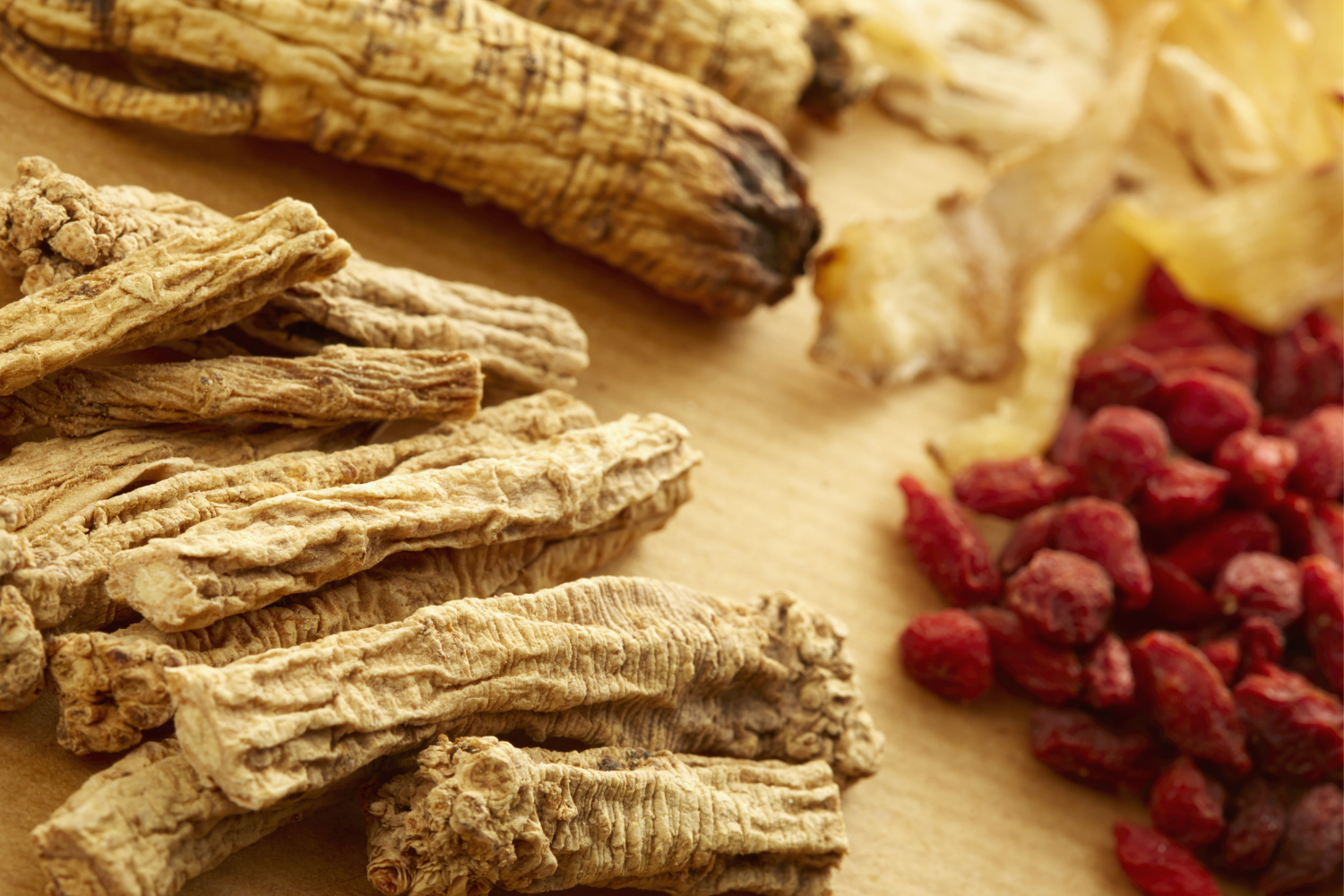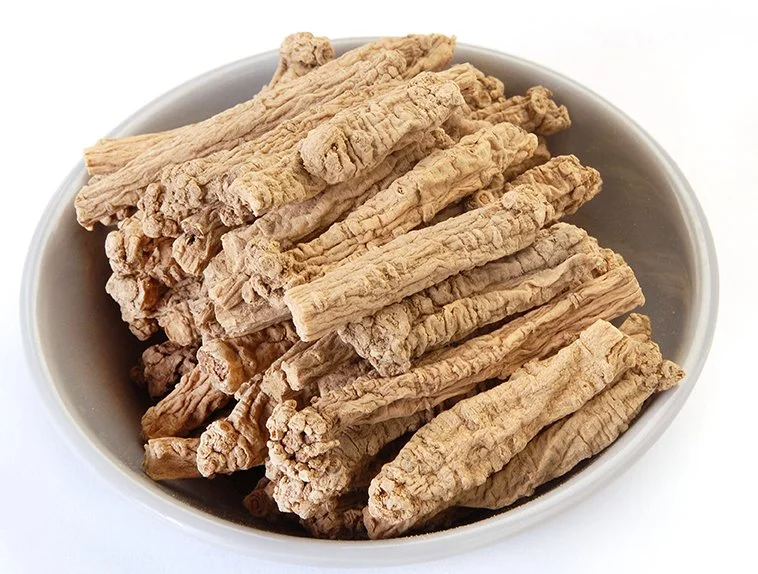
DangShen
黨參
What is Codonopsis?
Scientific name: Codonopsis
English name: DangShen
Chinese name: 黨參, 紋黨 (Mandarin: dǎng shēn / Cantonese: dong2 saam1)
Dangshen is a traditional dried root widely used in Chinese herbal medicine. It is mainly cultivated in Northern China, as well as in Sichuan. Growing dangshen requires patience and careful attention, as the process is long and meticulous. After being harvested in autumn, the roots are carefully cleaned, air-dried, and skillfully processed to preserve their quality and benefits.
-
Dangshen is traditionally used to support the spleen and stomach, helping to replenish vital energy. It is often taken to address symptoms such as palpitations, shortness of breath, fatigue, poor appetite, and loose bowels.
Modern research suggests that dangshen may also help increase red and white blood cell counts, support anemia recovery, regulate blood sugar levels, and stimulate the nervous system, among other benefits.
-
Grading by Quality: Like many herbs, dangshen is categorized by grade. The highest quality roots are thick, with size and length reflecting years of cultivation.
Dryness & Texture: Properly dried dangshen has a loose, bendable outer skin with a firm interior.
Color: A healthy yellowish hue indicates quality, while brown coloring suggests rotting and makes it unsuitable for use.
Taste & Residue: Premium dangshen is naturally oily and slightly sweet. When chewed, it should not leave behind fibrous residue.
-
Dangshen shares many similarities with ginseng, particularly in their ability to restore the lungs, blood, and qi (vital energy). It is often used to help ease coughs, reduce thirst, support those with blood or energy deficiencies, and may provide relief for asthma and certain other conditions. In some cases, dangshen is also used as supportive care to help reduce side effects of radiation therapy.
Compared to ginseng, dangshen has a naturally sweeter taste and gentler medicinal properties, making it suitable for lighter ailments or for regulating slow-developing conditions. Higher doses of dangshen may enhance its effectiveness, but for more serious health concerns, ginseng is usually recommended.
For safe and effective use, always consult a qualified Traditional Chinese Medicine (TCM) practitioner for proper guidance and dosage.


